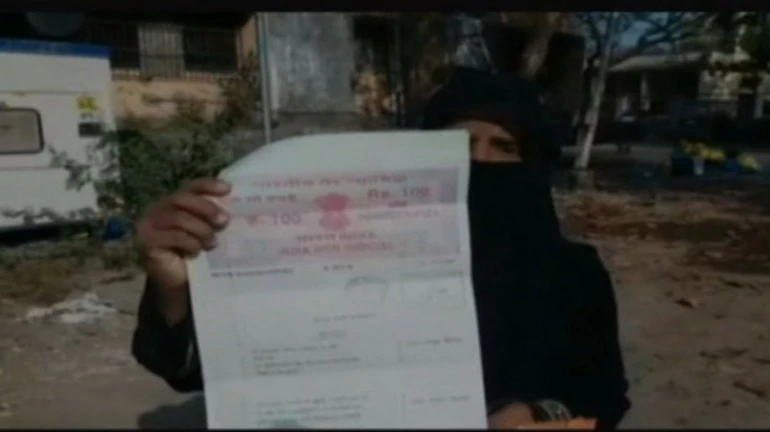
In its effort towards developing paperless system, the Maharashtra state administration has proposed the elimination of 100-and 500-rupee-denomination physical stamp papers. This move is expected to save costs on staffing and security and reduce the potential for fraudulent documents.
The tax department has recommended replacing the current stamp paper requirement with mandatory franking for all legal papers. As per the proposed regulations, stamp duty exceeding INR 10,000 must be paid through franking. However, stamp duty below INR 10,000 can still be paid with stamp paper.
Stamp papers in the state were reduced following the discovery of the Telgi scam in early 2000. Stamp papers worth INR 100 and 500 are currently used for affidavits submitted for government programmes like MHADA homes, crop insurance, and birth/death certificates.
According to a tax department official, the current system involves significant expenditures and labour. The printing on paper requires security and a special storage system. Additionally, the commission paid to vendors or agents costs the government more than INR 50 crore.
The government aims to become paperless and save money by eliminating physical paperwork. However, this would require an amendment to the Maharashtra Stamp Act.
Several states, notably Gujarat, have already abolished physical stamp sheets. The Gujarat government's decision was contested in court. But the court ultimately favoured the government. Interestingly, Gujarat and Karnataka have entrusted private vendors with franking.
The tax department anticipates opposition from stamp paper vendors. But it also says that the move is urgently needed. They believe they have a robust structure in place for online payment of stamp duty using franking services.





